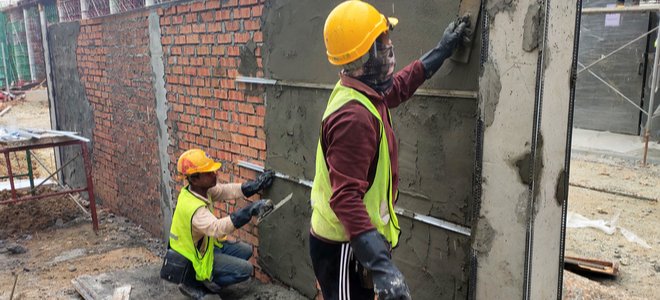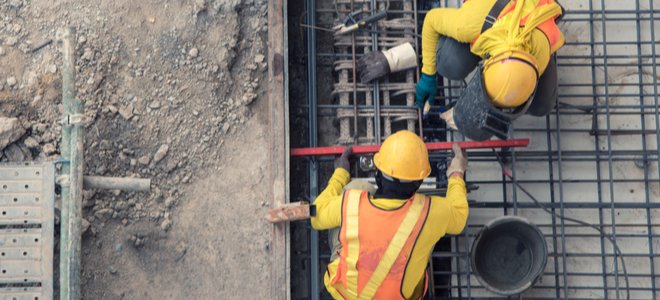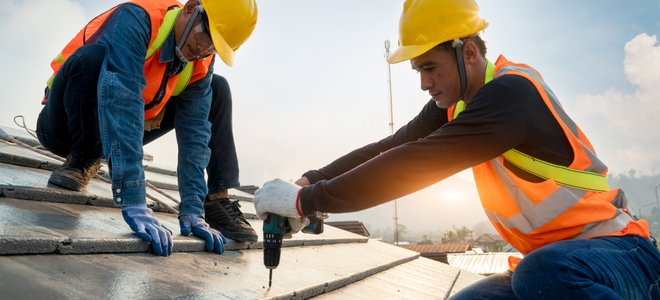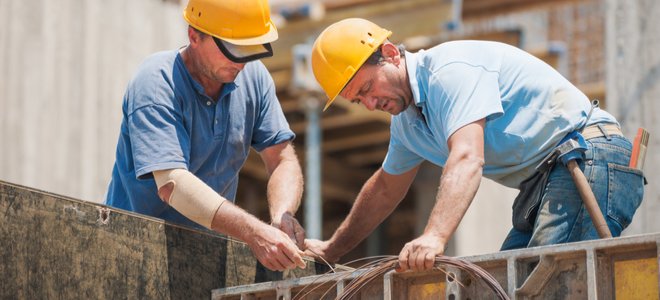 1 hours • Beginner
1 hours • Beginner
There are myriad job opportunities within the construction field. Are those opportunities right for you?
1. There Are Low Entrance Requirements
One primary benefit of the construction field is there are few barriers to get into a job. A good work ethic is the main characteristic employers look for. Knowledge and experience are nice, but when you’re starting, showing up on time, doing what is expected of you, and being willing to learn is more important.
2. It Requires Patience
While it’s an easy industry to get into, construction work offers slow advancement. It does come with time and experience, though. Remember, you were able to skip years of schooling and basically jumped right to the apprenticeship. Take advantage of getting paid while you learn, and know that opportunities will open up when the time is right.

3. Accept Guidance
It’s tempting to think you know the best way to do something, and you might. But there is always another perspective, and veteran construction workers can show them to you. Working side by side with others who’ve been around the job site a while will give you insight into how the job works, the preferences of the boss, and company policies. So be observant.
4. Initiative Comes with Rewards
Never stop learning. Construction is a trade. While you’re learning from mentors, also put in some overtime educating yourself. Understand the process by studying how things were done historically and why. Watch videos on tips of the trade. Check out some books from the library to get a better idea of specific aspects of the job. This will allow you to learn faster and come to work every day inquisitive, which shows initiative. That’s something employers notice.

5. Expect a Physical Job
You won’t need a gym membership when working in construction. Nearly every aspect of the job is physical, from swinging a hammer to moving supplies in and out of the van. For someone who loves to work with their hands, especially outdoors, construction is a great field. But if the thought of stiff muscles and bruised hands doesn’t appeal, it might not be for you.
6. Work Environment
Most people interested in a construction career aren’t attracted to the idea of sitting at a desk all day. Although you may have paperwork to do, construction work is indeed mostly onsite. You’ll move from location to location as the job changes. It depends on who you work for, but that can take you to the job site daily within your own city or see you traveling nationally or internationally to get the job done.
Regardless of the location, the work environment will likely be wet, hot, cold, loud, and smelly.

7. It’s Risky
There’s a reason hard hats and other safety gear were invented. Construction is generally an inherently dangerous job. While that might seem obvious if you’re working on a crane platform or while constructing a bridge, the same is true while holding a construction sign on the side of the road or working at ground level framing a structure that could collapse. There’s also a significant hazard of long-term health risks from exposure. The point is, you don’t have to be working a high rise to take high risk. Be aware and take every safety protocol seriously.
8. Understand Seasonal Aspects
Depending on what you’re doing within the construction industry, you will likely have an inconsistent work schedule. If you work in the hot south, that might mean going to work very, very early. In areas with harsh winters, work may shut down for several months at a time. Construction is affected by the economy, the housing market, business development, bond measures, and myriad other factors, so plan to have seasons where you work incomprehensibly long days and seasons you’re laid off for weeks or months at a time.

9. You’ll Acquire Personal Development Benefits
In addition to gaining on-the-job skills that will help advance your career, those same skills will benefit you in your everyday life. You’ll be able to help friends and family with home improvement tasks and save money while making updates to your own home. You may even acquire tools as a requirement of the job that you can use in your off-hours.
Source link : https://www.doityourself.com/stry/what-to-know-before-starting-a-career-in-construction












